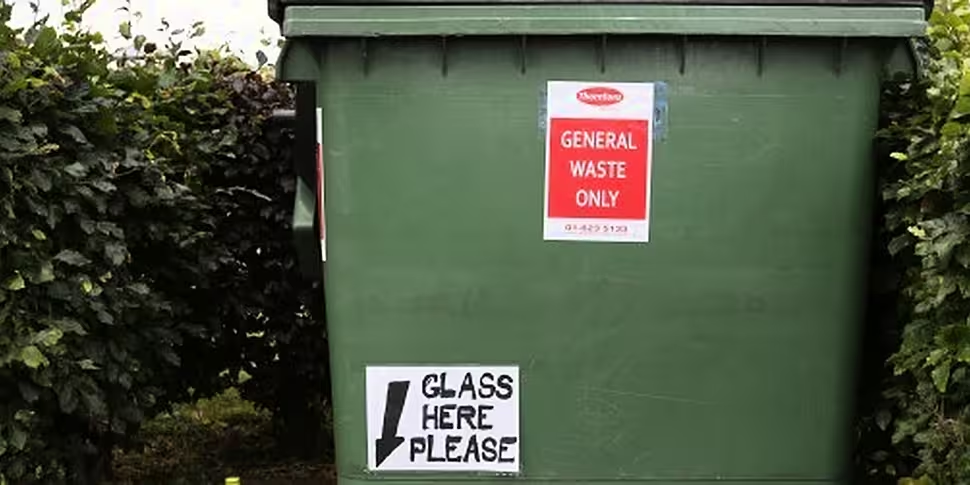New research has revealed mouldy food, broken toys and dirty nappies are among the most common items wrongly sent for recycling.
This is despite 82% of Irish residents claiming to recycle correctly, according to Repak research.
Some 55% of people say they plan to recycle some, but not all, of their Easter packaging waste.
Irish people are expected to generate 22,452 tonnes of packaging waste this Easter - a 7% increase on 2017.
While 82% are confident that they know how to recycle correctly, 18% admit that they are unsure.
On average, 25% of what ends up in Ireland’s recycling facilities is non-recyclable, but Repak says this figure can be as high as 40% in some areas - including Dublin.
Recycling waste operators nationwide take in one million nappies every year from recycling bin waste.
Two-thirds (66%) say they recycled a greasy pizza box, 31% recycled aerosol cans while 18% have contaminated a recycling bin with glass or broken toys
A further 5% recycled mouldy food and a further 4% recycled electrical items.
Of those that admitted to putting contaminated items into their recycling bin, 15% knew that they would be contaminating by doing so beforehand.
Ireland’s top contaminated recycling waste items:
Source: Repak’s study of 22 recycling waste operators
Some 82% of people claim to know what items contaminate their recycling bin, but 15% still put contaminated items in regardless.
Over the last 20 years, Ireland has gone from being one of Europe’s lowest performers to the highest for packaging recycling.
But Repak says despite this, approximately 87,000 tonnes of non-recyclable material end up in the recyclable bin every year.
It says: "Recycling bin contamination negatively impacts on the quality of recyclables placed in waste collection systems.
"When asked to explain what recycling bin contamination is, 58% cited the answer correctly, asserting that contamination is both putting non-recyclable waste as well as dirty and unwashed recyclables in the recycling bin.
"However, when it comes to knowing what items contaminate a recycling bin, while 82% believe they know exactly what these are, 9% admitted that they didn’t know and a further 19% said that they were unsure."










